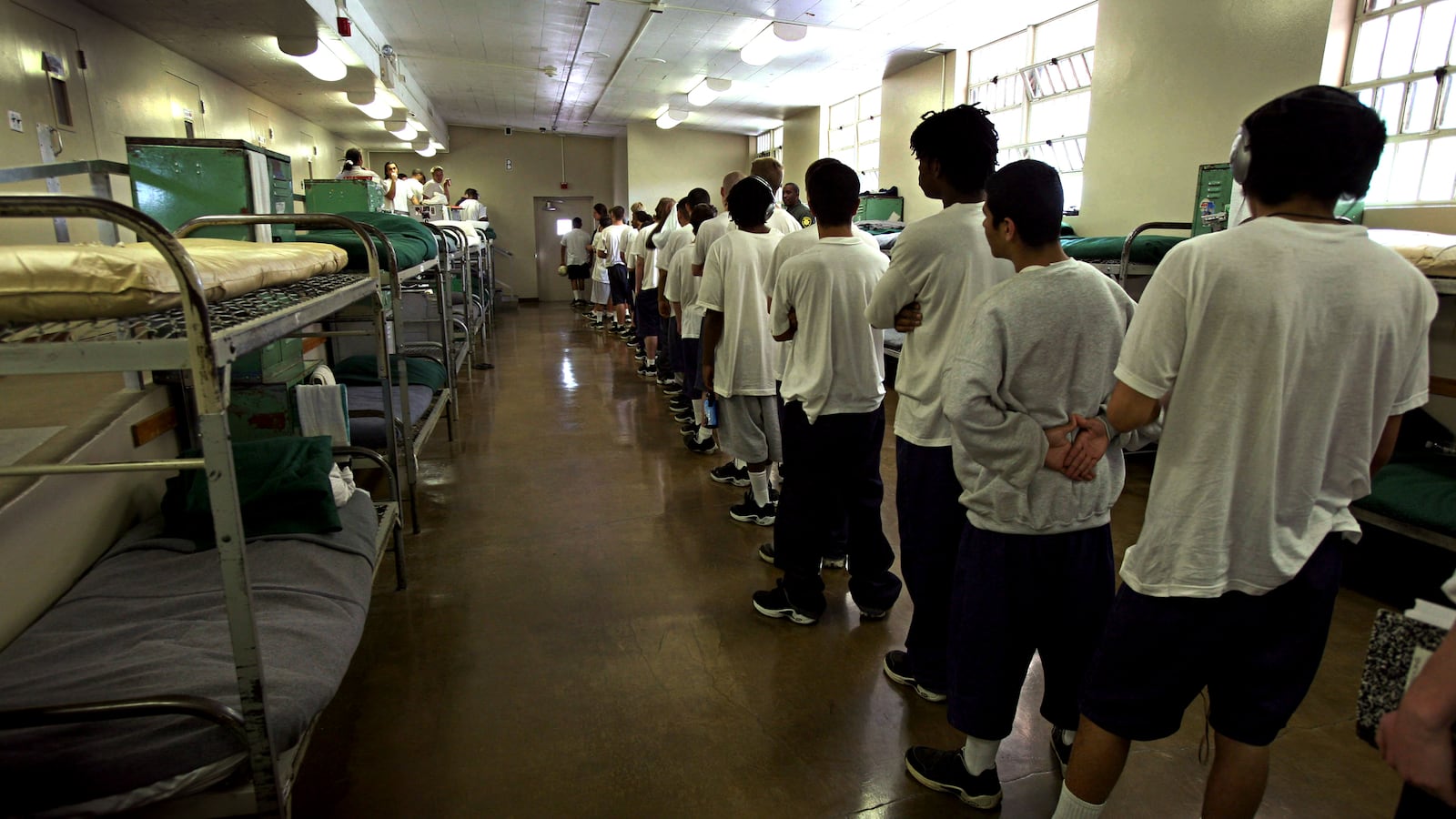Jacob C. was 11 years old and living in Michigan when he was convicted of criminal sexual conduct for touching his younger sister’s genitals. After serving a three-year sentence, he was placed on the state’s sex offender registry and forced to live separately from his mother and sister, in a foster home.

At 18, he began attending a local college, but his "sex offender" status drew the attention of campus police, who tailed him everywhere. He soon dropped out. Jacob tried to make a new life in Florida, but with his name, address, photograph, and details of his past offense available on an online registry for all to see, he had difficulty finding a job or a place to live, and for a time he was homeless. He married and had a daughter, but when he and his wife divorced he was denied custody, again because of his history.
In other words, Jacob, now 29, continues to be defined in the eyes of the world by an offense he committed at age 11.
Stories like Jacob’s are all too common in the United States. Under laws intended to protect the public, people under 18 convicted of sex offenses, some as young as 8, face decades or even a lifetime of stigma, discrimination, and suffocating restriction—on top of whatever sentence they have already served as punishment for their crimes.
Over 16 months of research for a Human Rights Watch investigation, I found very little evidence to support the premise that sex offender registration laws, as applied to children, effectively protect the public. But I found overwhelming evidence that they cause severe harm to the people whose lives they govern.
I interviewed hundreds of youth sex offenders, some of them now well into adulthood, across 20 states. Many have endured—and continue to endure—harassment and beatings; or struggle to find, or keep, a job or a home. Some are back in prison having missed a deadline to inform the police of changes to their personal information (say, a change of address).
"I live in a general sense of hopelessness, and combat suicidal thoughts almost daily," one registrant, placed on a registry at 14, told me. "The shame will never fully go away. People will always remember." Not surprisingly, some registered youth sex offenders take their own lives.
The harm suffered by victims of sexual assault, as well as their family members and their communities, can be harrowing, and anyone responsible for a sexual assault should be held accountable. But punishment should fit both the offense and the offender, and placing children who commit sex offenses on a registry and public website, possibly for life on top of time in prison or juvenile detention, is going too far.
Sex-offender laws are designed to protect communities by helping police keep tabs on past offenders. But research overwhelmingly shows that registration is an ineffective public-safety tool. Numerous studies estimate the recidivism rate among children who commit sexual offenses to be between 4 and 10 percent. Compare that with a 13 percent rate for adult sex offenders and a national rate of 45 percent for all crimes. The numbers track with research suggesting that most young people who commit sex offenses naturally "age out" of this kind of behavior. This is consistent with what every parent knows—and scientific research confirms—about children: they're not just miniature adults; they're still developing.
Another problem is that registries cast far too wide a net. Most states include people who've committed any of a range of offenses that can include heinous crimes like rape but also less extreme ones—say, consensual sex between teenagers—and even, in some cases, relatively innocuous behavior like streaking on a college campus or urinating in public.
This has to change. States and the federal government should exempt youth sex offenders from registration and community notification laws. Short of a full exemption, states should remove all youth sex offenders from registration schemes that are not specifically tailored to take account of the nature of their offense, the risk they pose (if any) to public safety, their particular developmental and cognitive characteristics, their needs for treatment, and potential for rehabilitation.
A conviction for a sex offense, even a serious one, doesn't extinguish a child’s claim to just treatment at the hands of government, nor does it free a government to ignore fundamental rights when imposing punishment or collateral consequences that flow from punishment. We are diluting law enforcement’s ability to focus on the most dangerous offenders by subjecting youth to public registration and related laws. Exempting youth from harsh registration laws would both respect their rights and their potential to change and improve public safety.






